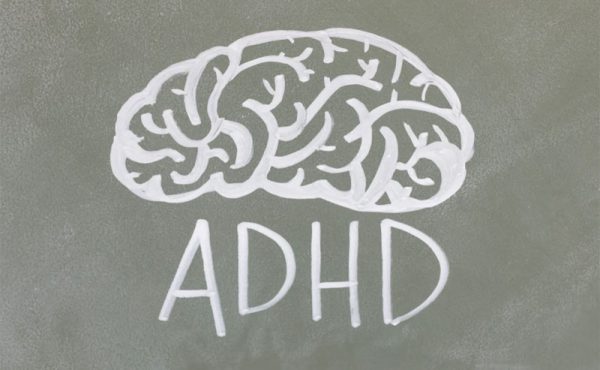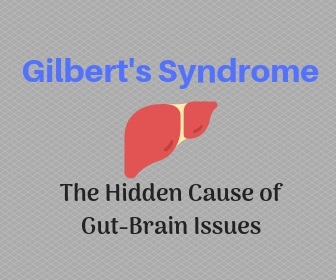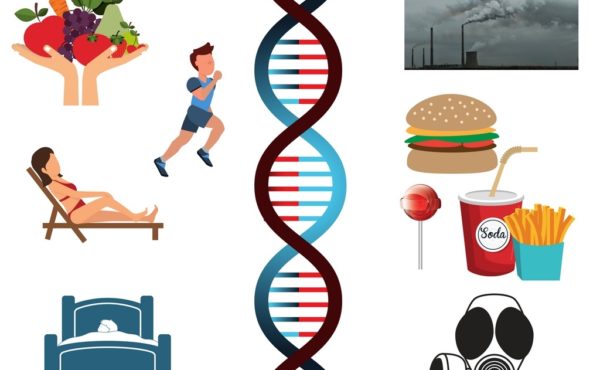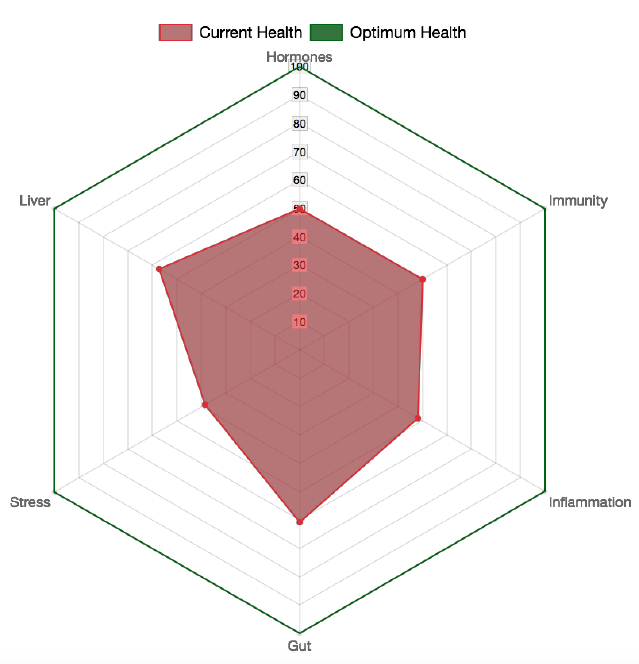Written by: Maria Allerton and Toni Chambers ADHD (Attention Deficit Hyperactivity Disorder) is a neurodevelopmental condition. It is frequently diagnosed in children, but more adults are now receiving diagnoses of ADHD. It affects around one in 20 Australians, that’s about a million people, but as ADHD becomes more common, people are looking to nutrition and diet solutions and the root cause rather than medication. You will find that ADHD is more commonly diagnosed in males than females and in childhood when attendance at school highlights difficulties, including physical restlessness, inability to concentrate and short attention span?1 Although I haven’t sought a formal diagnosis of ADHD for myself, over the past few years, I’ve noticed the signs and symptoms emerge daily and have looked back at my childhood. I
View more-
-
Signs and Symptoms of Gilbert's Syndrome in Adults My new ONLINE COURSE for Gilbert's Syndrome is here! The most complete resource on Gilbert's Syndrome: Living with Gilbert's Syndrome - True Health Synergy (simplero.com) You can also follow my Instagram page Gilberts_Syndrome_Support for all things Gilbert's, my clinical insights and recommendations. Common Symptoms that people with Gilbert's Syndrome experience: Do you find that your bowel movements are all over the place regardless of whether you eat the same foods? Do you suffer from constipation or loose stools, especially stools in yellow/mustard colour that float (sorry for the gory details)? Have you ever had yellowing of skin/eyes -jaundice? Are you often really fatigued for no reason? Has your gallbladder been taken out, or have your parents/grandparents had gallbladder issues or had it removed? Do you feel
View more -
Do your parents or grandparents have heart disease? Diabetes? Alzheimer’s? Parkinson’s? MS? Cancer? Depression? Alcoholism? These conditions and many others have been shown to ‘run in families’. However, science is increasingly showing that it is not just the inherited genetics that predispose us to these and other ailments, but their interaction with the environment.
View more









